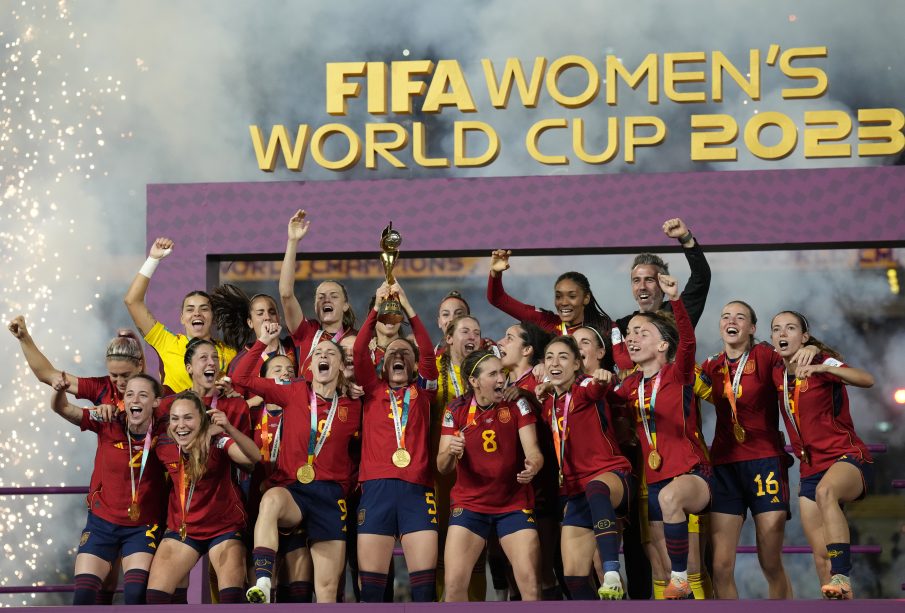Who Won the Women’s World Cup 2023?

Introduction to the Women’s World Cup 2023
The Women’s World Cup is one of the most prestigious tournaments in women’s football, bringing together the best teams from around the globe to compete for the ultimate title. The 2023 edition of the tournament took place in Australia and New Zealand, marking a significant milestone as it was co-hosted for the first time. This event not only showcases the talent and skill of female athletes but also promotes gender equality in sports, making it a vital topic in contemporary sports discussions.
Details of the Tournament
The Women’s World Cup 2023 kicked off on July 20, 2023, and concluded with an exciting final match on August 20, 2023. A record 32 teams participated, competing in various venues across both host countries. This tournament saw thrilling matches and standout performances, with teams like the USA, Germany, and Brazil making headlines in the lead-up to the final.
However, the final match held at Sydney’s Accor Stadium featured two remarkable teams: Spain and England. Both teams displayed exceptional skill and determination throughout the tournament, with Spain emerging as a formidable force. The final was fiercely contested, reflecting the level of talent present in women’s football today.
Spain Crowned Champions
In a historic victory, Spain triumphed over England with a score of 1-0, clinching their first Women’s World Cup title. The decisive goal was scored by Olga Carmona in the 29th minute, a moment that will be celebrated in Spanish football history. Throughout the match, Spain demonstrated tactical superiority and resilience, while England fought valiantly, but ultimately fell short. The victory not only marks a significant achievement for Spain but also highlights the growing competitiveness in women’s football.
Significance of the Victory
The win for Spain is particularly significant as it comes at a time when women’s football is gaining incredible momentum worldwide. The increased visibility and investment in the women’s game are paving the way for future generations of female athletes. Additionally, the success of the tournament showcased not just sporting excellence but also brought attention to the need for continued support for women in sports at all levels.
Conclusion
As the dust settles on the 2023 Women’s World Cup, Spain’s victory symbolises the tremendous growth and evolution of women’s football. It highlights not only their skill and teamwork but also the importance of advocating for equal opportunities in sports. Looking ahead, the enthusiasm around this tournament is likely to inspire further investment and interest in women’s football globally, making the next World Cup in 2027 an eagerly anticipated event.









